Governors have rejected the new electronic government procurement (eGP-procurement) system, despite President William Ruto’s stern warning to government officials who are resisting its adoption.
Ruto while speaking during a church service at St Peter’s ACK Cathedral in Siaya on Sunday August 1 made it clear that officials unwilling to transition to the new digital system should consider stepping down.
“Any officials who are not ready to continue with e-procurement can as well leave,” he said. “They will not stop us from fully adopting this system and ensuring our resources are used as expected.”
However, Ahmed Abdullahi, the chair of the Council of Governors, in a statement issued on Monday, September 1, said the roll-out was hasty, marred by inconsistencies, and has disrupted service delivery in the counties.
According to the governor, only three Counties participated in the pilot, yet the system was enforced nationally before addressing the gaps identified.
Governors Reject New E-Procurement System Despite Ruto’s Warning
He added that the lack of adequate sensitization and training has paralyzed procurement processes, particularly in critical sectors such as health.
At the same time, he argued that the government was rushing the process without addressing basic technical challenges.
“The e-GP system, as currently implemented, undermines the distinct status of County Governments as provided in the Constitution,” read the statement in part.
“We therefore call on the National Treasury to immediately withdraw the Circular directing the counties to implement the e-GP until proper consultations, legal alignment, and capacity-building are undertaken.”
Also Read: How to Register and Bid for Govt Tenders in the New Procurement System
This comes after President William Ruto stated that some individuals within the government are adamant about clinging to outdated procurement methods that have long enabled corruption and inflated public spending.
He emphasised that the new e-procurement system is designed to open up government spending to public scrutiny, ensuring that every coin of taxpayers’ money is accounted for.
Mbadi Defends the New Procurement System
Treasury CS John Mbadi, on the other hand, maintained that those opposing the transition are individuals keen on manipulating the procurement system for their own selfish interests.
He dismissed Parliament’s move to annul a circular mandating all public institutions to use the electronic system, insisting that only the Cabinet can overturn such a government directive.
“I was hired to bring change. Parliament vetted me, and I told them I would implement e-procurement, and they applauded me for it. So how can Parliament now turn around and say the move violates the Constitution? They should show me where,” stated Mbadi.
Also Read: Govt Issues Directive to Suppliers on the New Procurement System
The e-Government Procurement (e-GP) system was officially launched on April 7, 2025, and is set to become the sole platform for all public procurement processes across Ministries, Departments, and Government Agencies (MDAs) starting from the 2025/26 financial year.
The e-GP system digitises the entire procurement process—from planning and bidding to contract management and payment. Suppliers are required to register on the platform, submit bids online, and track the status of tenders and contracts.
According to the National Treasury, the system is expected to save the country up to KSh 50 billion annually by curbing procurement-related fraud and inefficiencies.
Follow our WhatsApp Channel and X Account for real-time news updates.
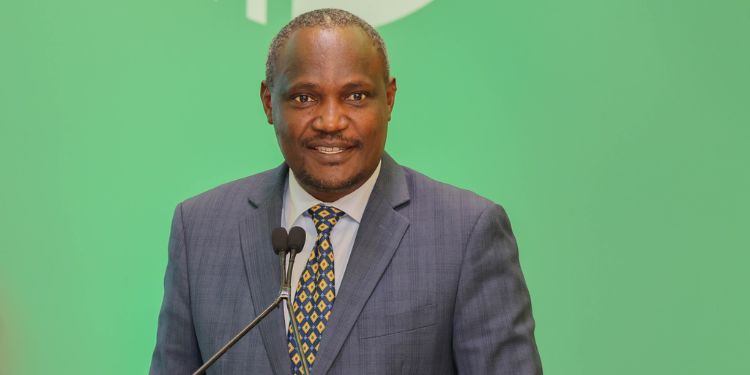

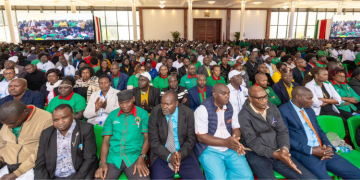



















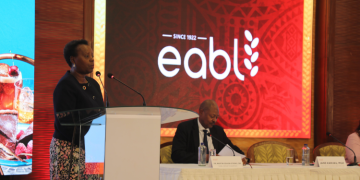
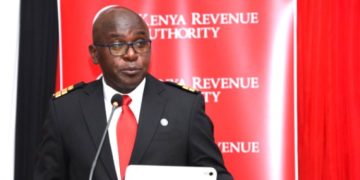









































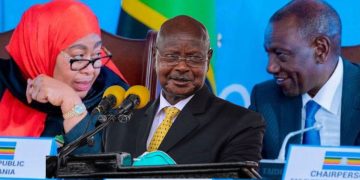

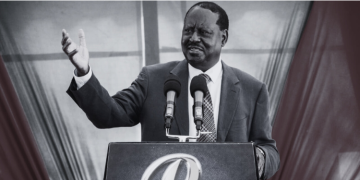
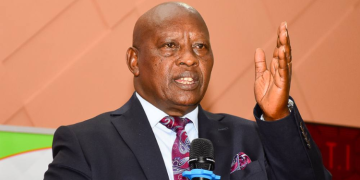


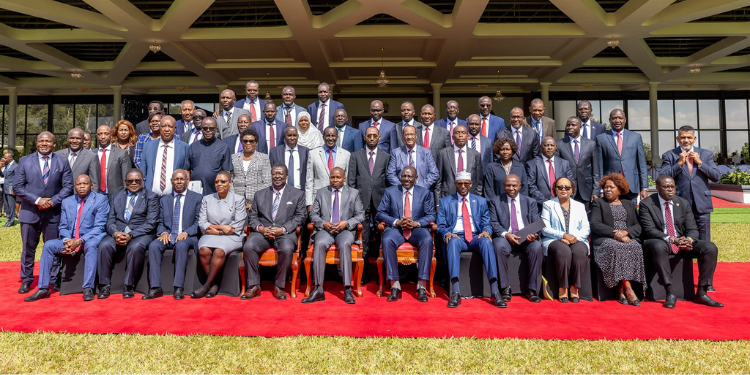




Let the COG chair lead the way in making our counties corruption free as opposed to political Nobody elsewhere will build our nation.If you know what to do to progress,then tell us.Dont intimidate.
Let the COG chair lead the way in making our counties corruption free as opposed to political Nobody elsewhere will build our nation.If you know what to do to progress,then tell us.Dont The know it all attitude will not take us anywhere.